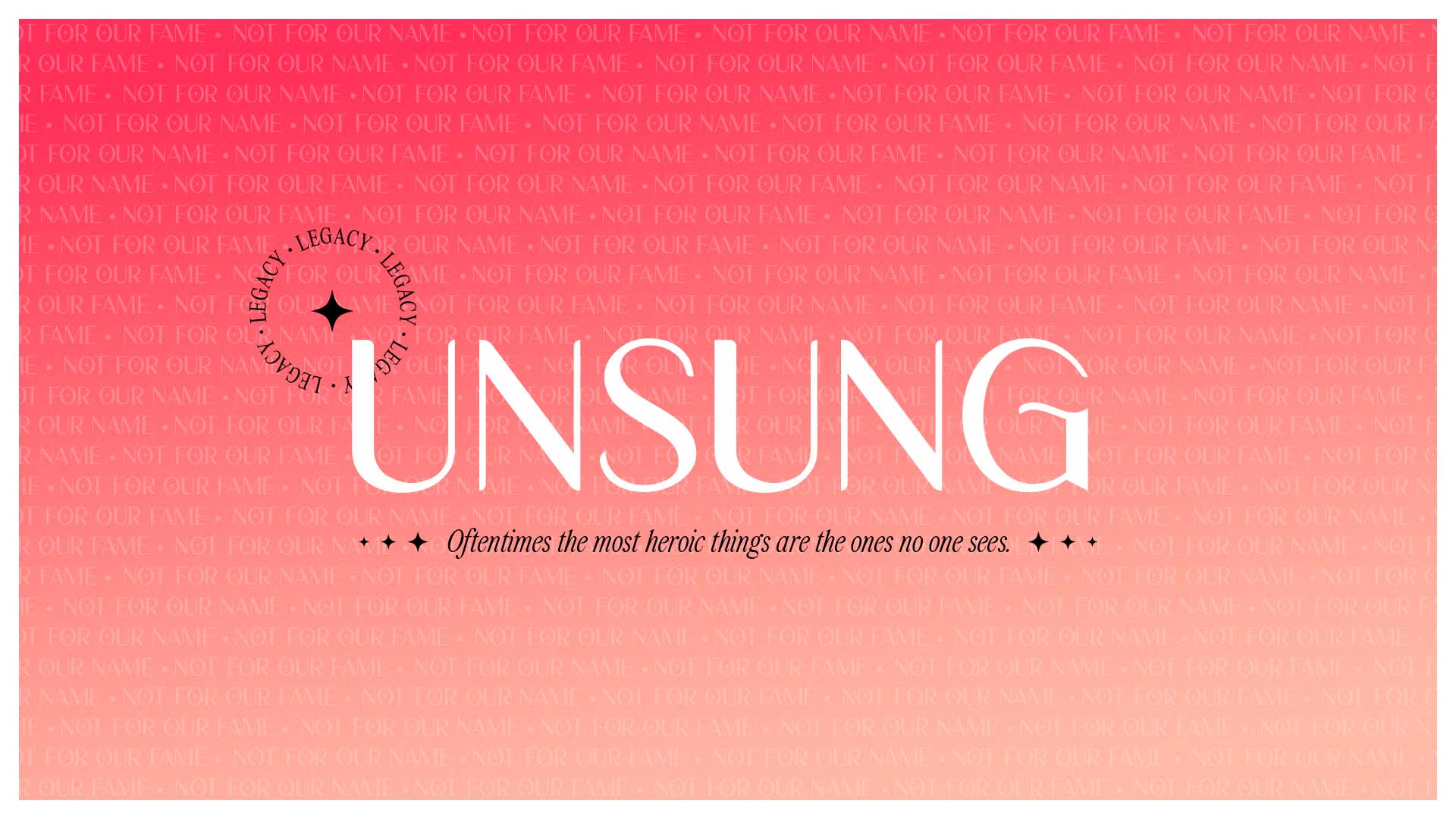Never Gonna Give You Up
Samantha Eyster | May 16, 2022

Whenever the day came for Elkanah to sacrifice, he would give portions of the meat to his wife Peninnah and to all her sons and daughters. But to Hannah he gave a double portion because he loved her, and the Lord had closed her womb. Because the Lord had closed Hannah’s womb, her rival kept provoking her in order to irritate her. This went on year after year. Whenever Hannah went up to the house of the Lord, her rival provoked her till she wept and would not eat.
1 Samuel 1:4–7 (audio)
If he marries another woman, he must not deprive the first one of her food, clothing and marital rights. If he does not provide her with these three things, she is to go free, without any payment of money.
Exodus 21:10–11 (audio)
Hannah! What an extraordinary, ordinary life!
In Hannah’s time, having no children meant a pretty bleak future. Without a son to carry on their father’s legacy—including caring for their mothers as they aged— Biblical law and state regulations considered women and children property.
Hannah married Elkanah, who loved her, yet she faced infertility. Elkanah’s second wife, Peninnah, had multiple children and a secure future, but Hannah did not.
Why did God close Hannah’s womb? One possible explanation has its roots in the book of Exodus: God may have closed Hannah’s womb in response to her husband breaking the law of equity amongst his wives. However, I think Jesus offers us another way to think about it.
We read in John 9:2–3:
His disciples asked him, “Rabbi, who sinned, this man or his parents, that he was born blind?”
“Neither this man nor his parents sinned,” said Jesus, “but this happened so that the works of God might be displayed in him.”
Hannah later had a son, Samuel, who would one day anoint the first King of Israel, Saul, and a young shepherd named David—a man from whose line would come the Messiah, the Savior Jesus. God meeting her needs became a part of a larger story that glorified God.
Like Hannah, maybe you face a discouraging or difficult situation, something that you can’t control. Sure, it could be the result of sin. But it might be—as Jesus said in John—something God allows to put His glory on display. As Paul says in Romans 8:28, “And we know that in all things God works for the good of those who love him, who have been called according to his purpose.”
We can see the tiny threads of the Lord’s careful weaving. Hannah’s everyday story, like ours, is a part of a much larger tapestry. We can have a reckless hope that our little thread of life is actually a part of something much bigger.
Next Steps
- In what situation do you feel like you have reckless hope? Why?
- Who in your life needs to hear about the hope you have in Christ? What step can you take right now to share that hope with others?
